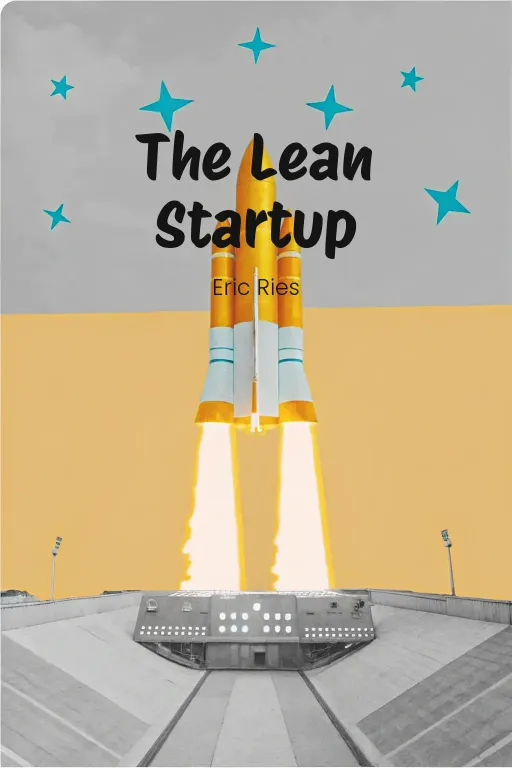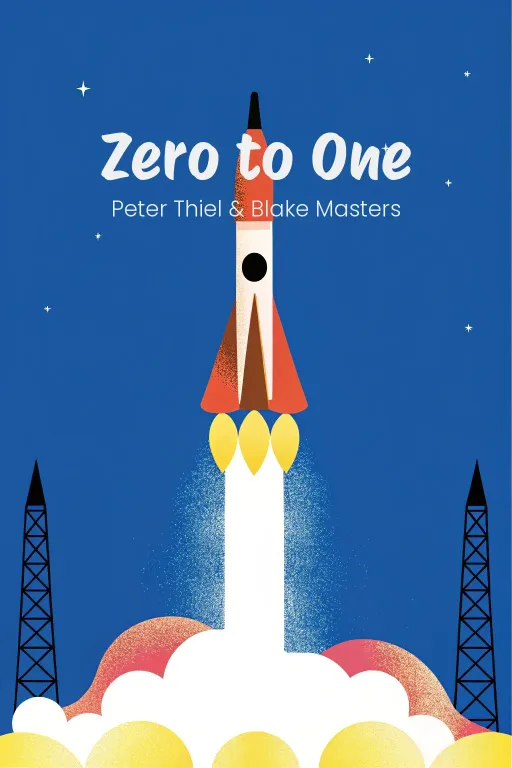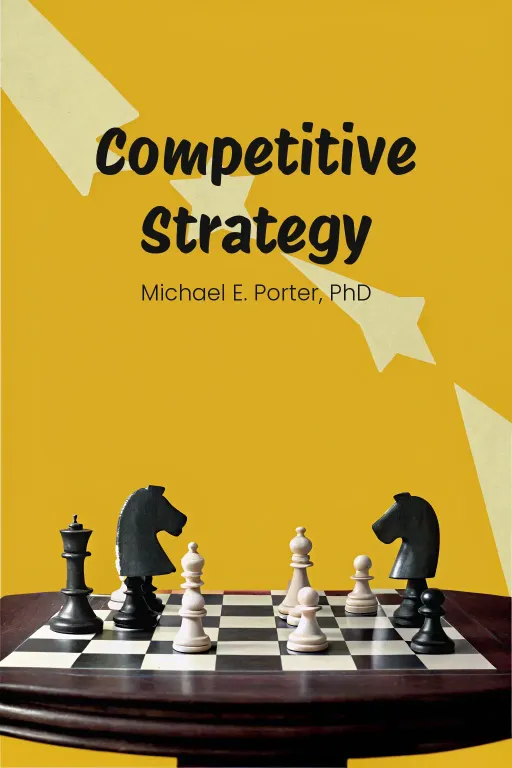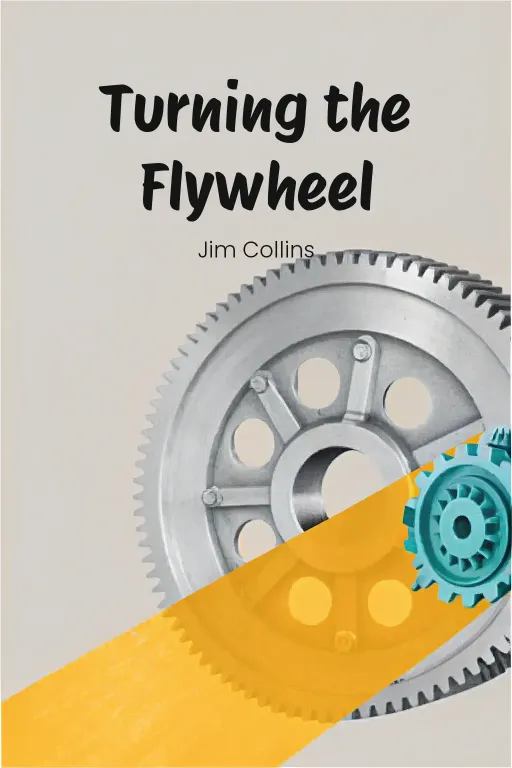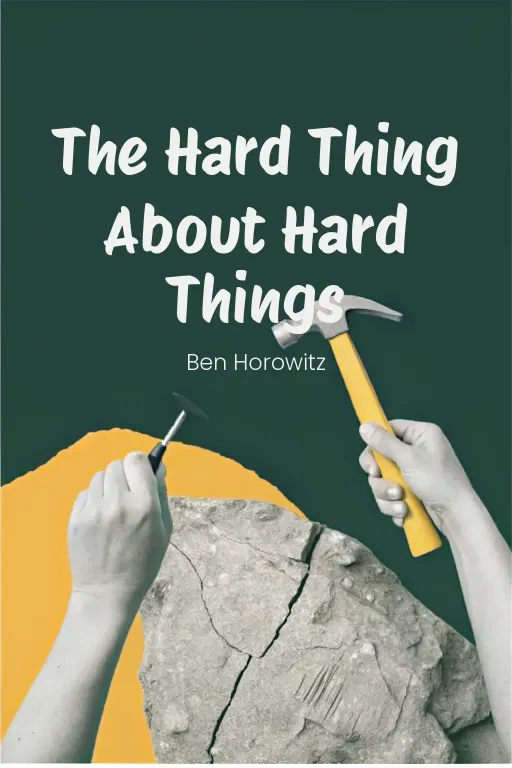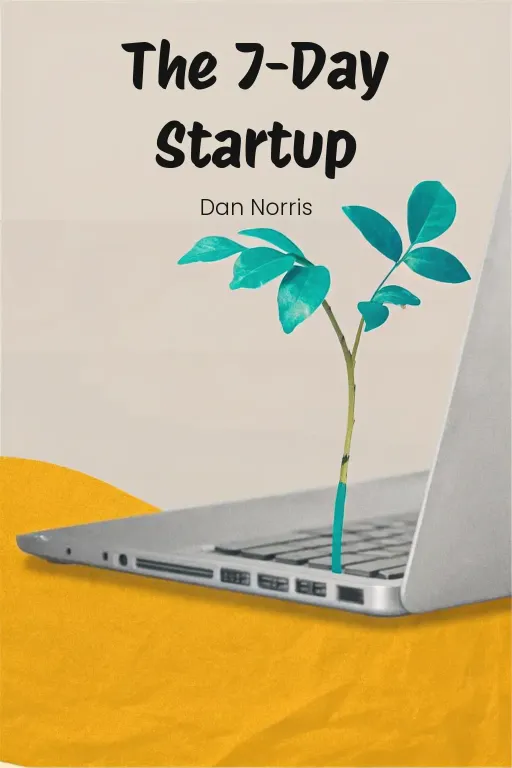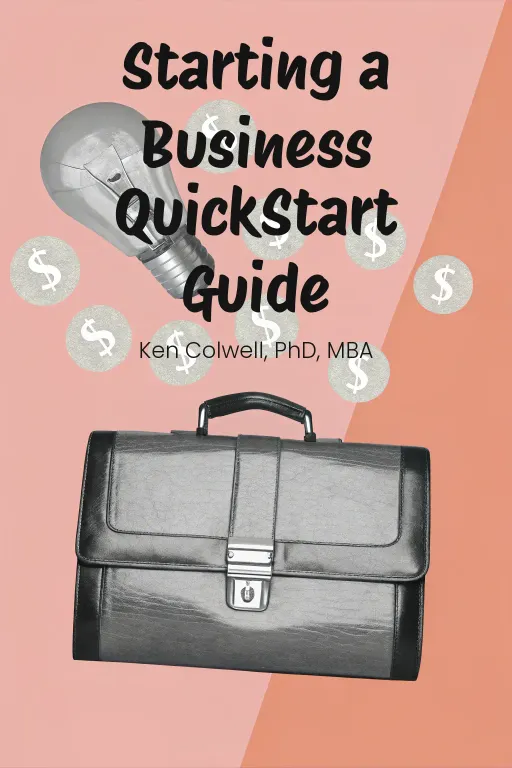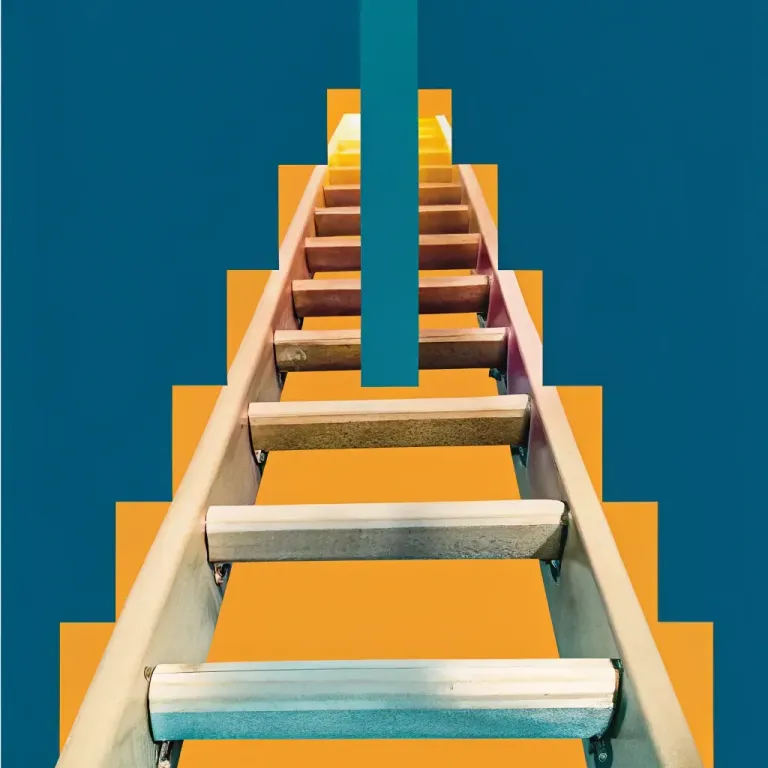
Build Great: Do, Fail, Learn, Repeat
Podcast by MBA in 5 with Roger
An Unorthodox Guide to Making Things Worth Making
Build Great: Do, Fail, Learn, Repeat
Roger: Ever feel like your career path is more of a random walk than a planned journey? In a world demanding constant innovation, how do you build something truly meaningful – whether it’s your career, a product, or even a company? Roger: Today we’re distilling Tony Fadell’s 'Build.' He’s the mind behind the iPod, iPhone, and Nest. The core idea? Building anything great isn't about a perfect plan. It's about embracing the messy cycle of 'Do, fail, learn.' Think of it like sculpting: you start with a rough block – your idea, your skills. You don't get a masterpiece first try. You chip away, make mistakes, learn, follow the grain – like listening to market needs or your values – and constantly refine. The one thing to remember from Fadell? Your greatest growth comes from this iterative process. Building is a continuous journey of learning through doing, failing, and adapting. Roger: So how do we apply this? It starts by reframing failure. Adulthood isn't the end of learning; it's the real beginning. School teaches failure is bad, but Fadell argues it's where real learning happens when innovating. He recalls arriving at General Magic feeling out of place, knowing he had to learn from the best. His advice? Don't ask 'What salary?' Ask 'What do I want to learn?' Chase growth. Roger: That mindset leads to seeking environments where you can learn most. Look for companies truly disrupting industries, solving fundamental problems, like Uber or Netflix addressing real pain points when the market was ready. Evaluate if a company tackles genuine needs with innovative solutions. Aim to join a revolution. Roger: But you don't build alone. Fadell stresses mentorship. Look beyond compensation – ask who you will learn from. He calls them 'heroes' – people whose work inspires you. Be curious. As podcast founder Harry Stebbings showed, persistence and genuine interest build powerful networks and unlock opportunities. Roger: With the right mindset and network, focus on what you build. Fadell offers a crucial filter: solve real pain, don't just sell vitamins. 'Vitamins' are nice-to-haves; 'painkillers' address deep customer frustrations. Think of the clunky thermostats Nest replaced – a real pain point. Great products alleviate significant friction. What 'painkiller' opportunity exists? Roger: Finally, connect your idea through powerful storytelling. Marketing isn't just added later; it's telling the authentic truth about why your product matters, from the start. This narrative – the 'why', the pain it solves – guides everything. Think '1,000 songs in your pocket.' That wasn't a feature list; it was a resonant story. Roger: Why read 'Build'? Because it’s not abstract theory; it’s a raw, practical playbook filled with hard-won lessons from someone who built world-changing products. It’s packed with actionable advice grounded in real experience. Your immediate action step? Take five minutes today. Identify one small, persistent frustration – a 'pebble in your shoe' – in your work, or something bothering customers or colleagues. Ask Fadell’s question: Is this a 'vitamin' problem or a 'painkiller' problem? Could addressing it be the seed of real innovation? Roger: That’s your MBA in 5. I’m Roger. Go build something.
